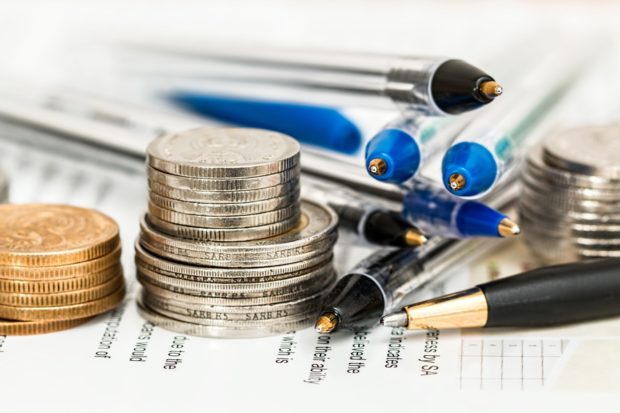What to Do With Your First Adult Paycheck

You’ve made it to orientation, figured out where the lunchroom is and managed to remember almost everyone’s names. But perhaps the most thrilling part of getting your first job is when that first paycheck hits your account.
You’ve made it. You are going to be able to eat and put a roof over your head. It’s all smooth sailing now, right?
If you thought the financial work ended as you negotiated your salary, you’re wrong. And waiting even a few years to get your financial house in order could signal a loss of tens of thousands of dollars, or more, later in your career.
Here is a look at five steps you must take when you cash your first adult paycheck to ensure financial stability and savvy for years to come.
Look at It Closely
No, not just to admire this thing of beauty that will open doors and lead you to new experiences. Go through your paycheck line by line to ensure your deductions are correct and your salary has been calculated correctly.
Set your deductions for your retirement account immediately. Depending on where you work, your retirement account may be called 401k, 403b, Thrift Savings Plan, Individual Retirement Account (IRA), Roth IRA or another name.
Some companies offer a match on retirement funds, which is essentially free money. Make sure you set up your retirement account for at least enough to get the match, but preferably up to 10% or 15%. It’s helpful to use a retirement savings calculator to calculate how much you need to put away to have enough for retirement. It may seem early to start thinking about retirement, but just take a look at how much those early years matter.
If the abbreviations for all of the various taxes, health care expenses and deductions are confusing, schedule an appointment with your payroll officer to walk you through the check. No one else will take care of this for you.
Repeat After Me: Compound Interest Is King
No matter your salary or hourly wage, the best thing you have going for you today is your youth. The money you save now will be worth exponentially more as you age thanks to the beauty of compounding interest.In addition to the money you put in as principle, interest is added to that principle, which then earns interest on the new, larger, sum of money. This can continue for decades if you get in the habit of saving money immediately.
For example, someone who invests $5,000 from the ages of 25 to 35 and then stops adding principle but allows compound interest do its thing will actually make more money than someone who invests $5,000 per year for thirty years starting at age 35.
Of course, the best idea is to set a savings rate and continue to grow it throughout your working years.

Set up Other Pre-Tax Contributions
Looking at your paycheck, you may feel a bit dejected at how little ends up in your pocket. In fact, the average American pays over 20% in taxes. If you want to lower your taxable income, you can set up pre-tax contributions in accounts like the above-mentioned retirement accounts, college savings accounts commonly called 529 plans and health savings plans.Budget and Bills, Bills, Bills
After setting up your pre-tax savings and contributions, you can now look ahead at what to do with the amount deposited in your account every two weeks. The first thing to do is to set up a budget. It’s not the most exciting way to spend an evening, but it doesn’t take long, and the rewards are huge.Simply put, experts say those with a money plan and a budget will end up wealthier than those who wing it. That makes sense, because budgets encourage you to be intentional with your spending and set priorities for your money and your life.
An easy way to budget is to set up automatic online payments for your rent or mortgage, utilities and other fixed costs. Those are typically the biggest line items, and you don’t want to worry about late fees or missed payments.
Also budget any debt you may have to pay off, like those ubiquitous student loans. If you can squeeze extra payments out of your budget, you’ll have that debt monkey off your back even sooner.
Pay It Forward
As you plan what to do with the money in your account, you may want to think about charitable giving. First of all, it will put a smile on your face. Research shows that not only does our brain react positively when we give, we also report being happier in general when we give to others, no matter the amount.Beyond that, giving is a way to recognize you are fortunate to have a steady paycheck and benefits, and there are others who need assistance and help. Think about issues and topics that are important to you, such as charities that help special-needs kids or shelters that care for abandoned animals.
Getting your first paycheck is exciting. It sets you on the path to financial independence and achieving personal and professional goals. Being thoughtful and smart early in your career can ensure your finances are a source of peace and security.
Images.

